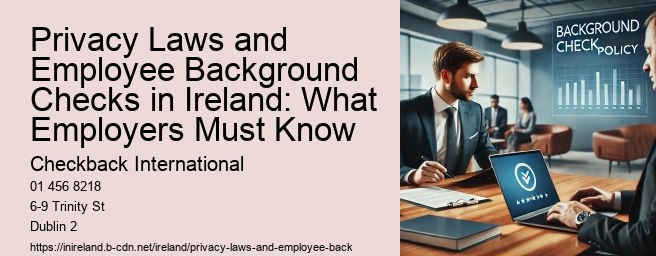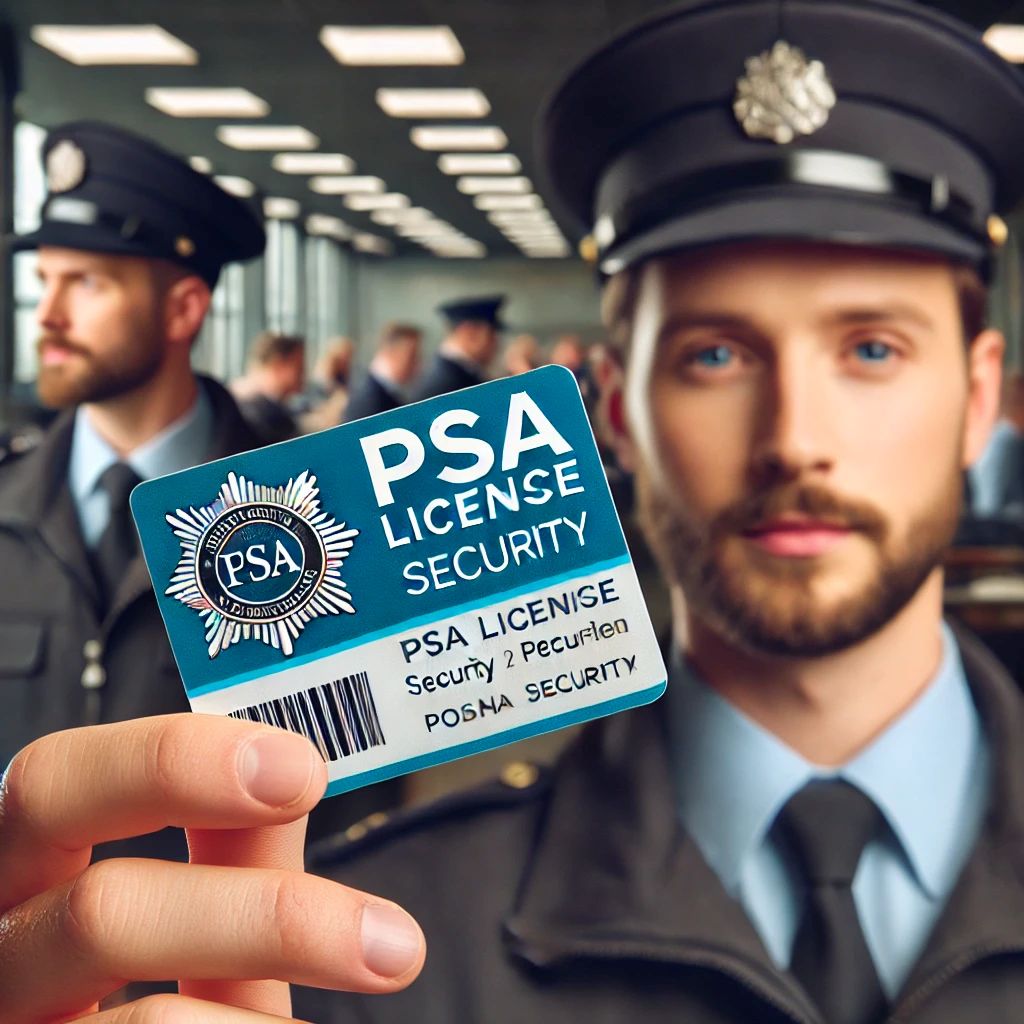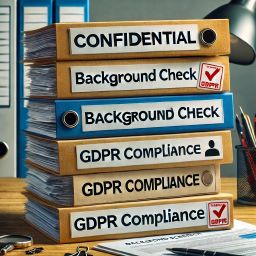

PSA Vetting Requirements for Security Personnel
Job seekers should know their work history well to address any gaps or inconsistencies early. Knowledge of specific checks needed for certain jobs, like Garda vetting, matters. Being open and truthful about one's background prevents future job problems or disqualification.
Clients get documentation checklists and direct help from account managers.
Professional Membership VerificationThe standard turnaround time for consumer credit checks ranges from 24 to 48 hours, supporting quick decision-making in recruitment processes.
Can Employment Vetting Be Conducted for Positions Outside of Ireland?
1.For Irish residents, verification includes checking against the Garda PULSE system and obtaining a Police Certificate of Character through local Garda stations.
Organizations conducting background screenings must follow GDPR requirements and the Data Protection Act, using collected information only for its intended purpose and storing it securely.
1.Criminal Records Check: This shows a candidate's criminal history to determine their behavior and character.
How do PSA vetting standards affect companies in Ireland?

Key Components of Background Screening
The process reviews both registered and unregistered judgments from Irish courts and includes European Criminal Record Checks (ECRC) for candidates with address histories in 26 EU states.
When applicants have lived in different EU countries, the ECRC combines records from each jurisdiction including Ireland's Gardaì, UK's DBS, and other national justice departments.


Complete vetting checks stop unsuitable people from working in security positions, which helps maintain public safety.
Turnaround Times and Processing Standards
1.Pre-screening Preparation: Check that candidates submit all required documentation correctly to minimize back-and-forth communication.
The steps for making an appeal vary based on the organization performing the check and local laws.
Common Mistakes and How to Avoid Them
Can Candidates Request Copies of Their Own Background Screening Reports?
Garda National Vetting Bureau
European Criminal Record Checks (ECRC) are part of Ireland's employment screening system. Created by Checkback, this process allows Irish organizations to perform background checks for candidates with address histories across 26 EU member states.
3.International screening includes checks against global blacklists, anti-fraud measures, and verification of overseas qualifications through accredited educational bodies.
The vetting process includes screening checks managed through a personal approach, collecting additional information when needed.

A background check in Ireland involves reviewing a person's criminal, financial, or personal records to assess their suitability for a role or position.
The duration can vary but typically takes between 1-2 weeks, depending on the type and complexity of the check.
Garda vetting is a specific type of background check required in Ireland for individuals working with children or vulnerable adults, involving checks against police records.
Yes, you must obtain consent from the individual before conducting any background checks in Ireland.
Not for all employees, but certain sectors such as healthcare and education may require comprehensive checks.
It includes checking for any criminal convictions or offences recorded against the individual.
Yes, individuals can request their own background checks in Ireland for personal review or to prepare for employment screenings.
Skipping background checks can lead to hiring unsuitable candidates, which may result in legal and reputational risks.
Yes, police clearance is a general criminal record check, while Garda vetting is specific to roles involving vulnerable groups and includes more detailed investigations.
You can request transcripts or degrees directly from educational institutions or use third-party services that specialize in educational verifications.
Information about spent convictions, certain types of personal data, and other protected characteristics under GDPR is off-limits unless specifically relevant and lawful to access.
International checks may involve additional complexities such as different laws, languages, and longer processing times.
No, background checks do not affect your credit score as they do not involve a credit inquiry that would impact the score.
Best practices include securing data in compliance with GDPR, limiting access to authorized personnel, and ensuring data is stored for only as long as necessary.
It depends on the industry and role, but typically every 2-3 years or when significant changes occur in the individual’s role or responsibility.
While not specific by law, many IT positions require checks due to access to sensitive or proprietary information.
GDPR regulates the processing of personal data, ensuring that background checks are conducted in a lawful, fair, and transparent manner.
Yes, but it must be done lawfully and with the individual’s consent, considering the relevance to the role.
Penalties can include fines, legal actions, and reputational damage, depending on the severity of the non-compliance.
Remote work has increased the importance of thorough background checks, especially for those in positions of trust or handling sensitive data.
Best practices include conducting similar checks as for permanent staff, especially if they have access to sensitive or critical areas.
Ensuring fairness involves following consistent procedures, obtaining consent, and allowing candidates to dispute inaccuracies.
Yes, it’s recommended to tailor background checks based on the specific risks and requirements of each position.
Signs include transparency about services, compliance with legal standards, positive reviews, and strong data protection practices.
Handling involves assessing the relevance to the job, discussing findings with the candidate, and considering legal and ethical implications.